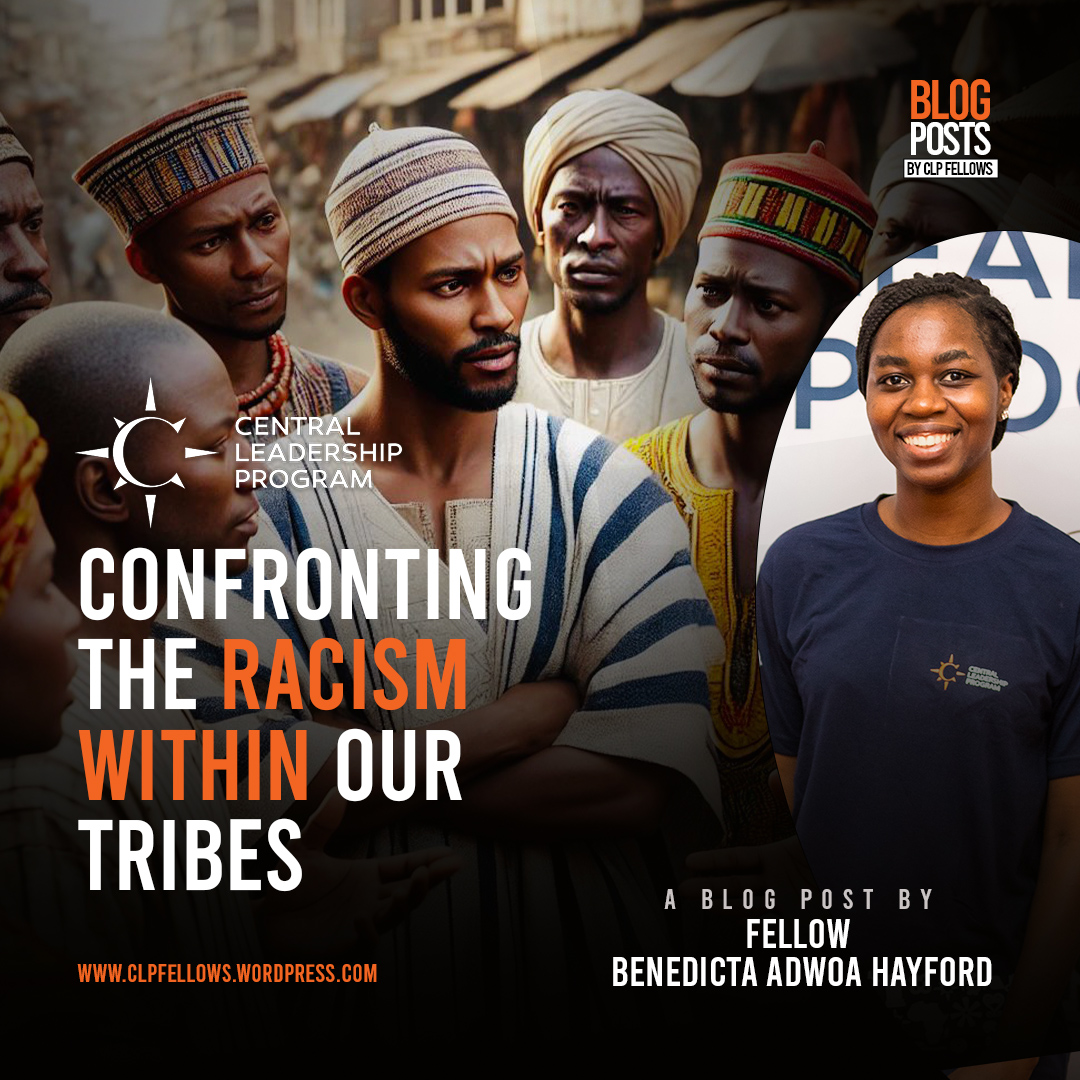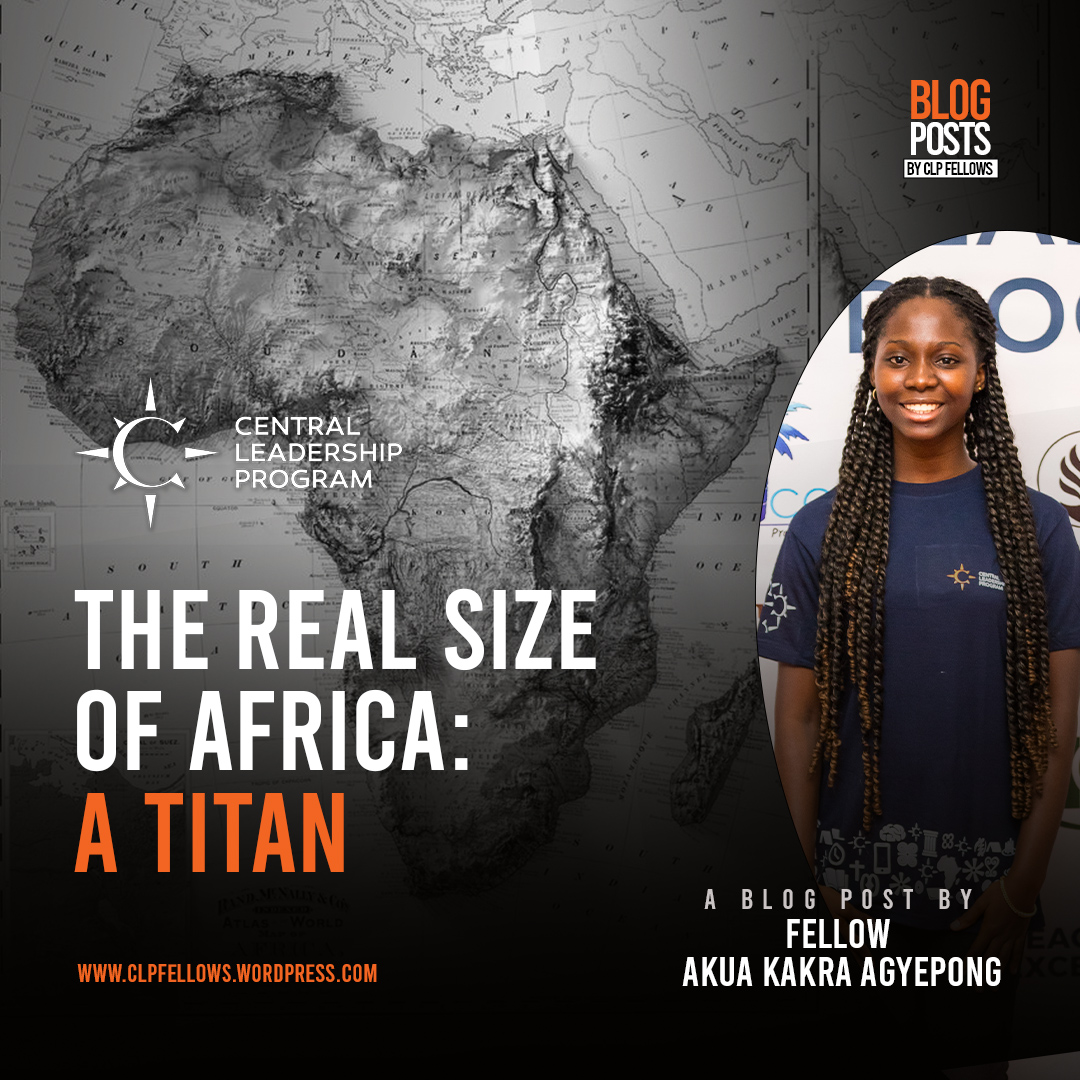Confronting The “Racism” Within Our Tribes
In a conversation with a colleague, a lady exclaimed, “God forbid that I should mall-y marr-eii marry Ewe man. My family would even disown me.”
Overhearing this, a Frafra remarked, “Ashantis are too proud and condescending. They behave as though Ghana belongs to them. Despite their arrogance, they struggle with pronouncing ‘R’ and ‘L.’ Come on, is ‘marry’ such a difficult word to say?”
Throughout history, Africans have courageously confronted discrimination and campaigned for parity in the struggle against racism. Although considerable headway has been achieved against racism, another destructive form of bias endures: Tribalism.
What makes this especially concerning is that it isn’t perpetuated by outsiders but instead by Africans against themselves.
Africa is home to approximately 3,000 diverse tribes, each contributing to the continent’s rich tapestry of cultural heritage, languages, and practices. This immense diversity is a source of pride and identity for many, offering a deep sense of belonging and community. However, we can no longer turn a blind eye to the division, inter-tribal conflicts, discrimination, and even violence our excessive loyalty to our individual tribes have caused.
I dare say there is nothing wrong with taking pride in your cultural heritage. Besides, the one who speaks Hausa to the “waakye” seller might earn himself an extra scoop. The problem lies in the belief that one tribe is superior and inherently better than the other, resulting in discrimination and the perpetuation of negative stereotypes.
The tragic Rwandan genocide of 1994, where the Tutsi and Hutu populations were embroiled in horrific violence, serves as a reminder of the devastating consequences of tribal conflicts. Over the course of just 100 days, an estimated 800,000 people were brutally killed.
Many well-meaning and competent individuals who had the vision and ability to give us the progress we seek have been sidelined. Promising unions have been unjustly condemned. If people are denied votes simply because they are not from our hometowns, or if we deem them unfit to rule our nation because of their tribal marks, how can we be certain that we are not worse than our colonizers who, through subjugation and segregation, stripped us of our basic human rights and freedoms?

“If it is okay to say it is not okay to marry someone just because he is a “Kalabari” and that every tribe should have its own. Are we not practicing apartheid? …You stand there and fight for equality
But come back and start to use ethnicity
I don’t get the logic of thinking it’s different
To be tribalistic and then to be racist
If you are happy to judge him just by hearing his name
Whatever you call it my friend it’s the same”
(Dike Chukwumerije – The Wall and the Bridge)
Whatever ensued between you and that person was likely an individual character flaw and not an ethnic problem. Therefore, would be unfair if you generalize. Moreover don’t we all deserve the right to justify our inclusion or otherwise?
One would think that higher education would solve the problem of tribalism. But it would surprise you to know that some of the worst offenders are the elites – well-educated business executives, corporate CEOs, and hiring managers who cannot see past facial marks or language accents when considering job applicants, regardless of their qualifications.
Many politicians do not address tribalism; instead, they exploit it to rally support by inciting the populace against their opponents to secure votes. Colonizers were notorious for using the divide-and-rule tactic to incite ethnic groups against one another to gain political dominance. It is shameful to say that years after independence, we find our own countrymen using this tactic against us. Kenyan politics is a stark testament to this.
The tragedy between the Tutsis and Hutus highlights how deep-rooted ethnic tensions, exacerbated by political manipulation and historical grievances, can lead to unimaginable devastation and suffering. It is crucial that we strive to prevent such conflicts from arising again, rather than fanning these tensions into flames.

 The Kigali Genocide Memorial commemorates the victims of the 1994 genocide and is operated by the Aegis Trust for Rwanda’s National Commission for the Fight Against Genocide.
The Kigali Genocide Memorial commemorates the victims of the 1994 genocide and is operated by the Aegis Trust for Rwanda’s National Commission for the Fight Against Genocide.
The lyrics of the Ghana national anthem include this phrase… “Make us cherish fearless honesty and help us to resist oppressor’s rule”. But it is unfortunate how we have become our own oppressors.
And if truly we desire fearless honesty then it is high time we admit to ourselves… that competence and skills build a great nation and not a mother tongue that discrimination based on facial marks can never afford us the great and strong nation we desire.
It is high time we admit to ourselves that just as our ancestors fought for equality and the right to be treated with dignity regardless of skin colour, discriminating our fellow humans simply because of their ethnicity is never justifiable!
“Which nation can stand dividing its people? For when God made man, He gave him no facial marks As sure as a white man, is just like a black man No culture is older than being human” (Dike Chukwumerije – The Wall and the Bridge)
Tribalism presents a significant challenge deeply embedded in one’s consciousness. Overcoming it requires a fundamental shift in mindset — a genuine introspection of one’s beliefs and behaviours, and the ability to assess whether our tribalistic inclinations are worth being held unto.
Rather than allow our diversity to divide and weaken us we can harness it for collective strength. Rather than fixating on our differences and perpetuating stereotypes, we can choose to see the value in each other and the potential contributions we all bring to the future of our country. Diversity should be seen as a source of innovation and growth, not a reason for division. It is imperative that we shift our focus from what sets us apart to what unites us, for the benefit of all.
I am an Ashanti/Fante, a Ghanaian, and an African. But above all, I am a human being. After careful consideration, I firmly believe that tribalistic views are inhumane, detrimental to progress, and not worth embracing.
-Written by fellow Benedicta Adwoa Hayford

